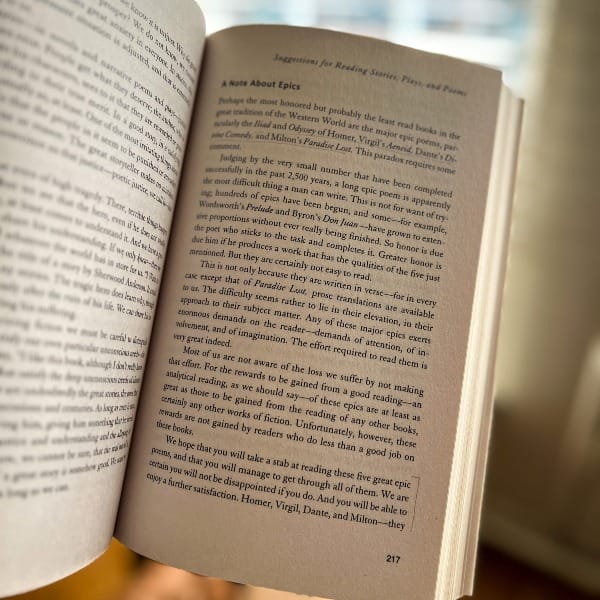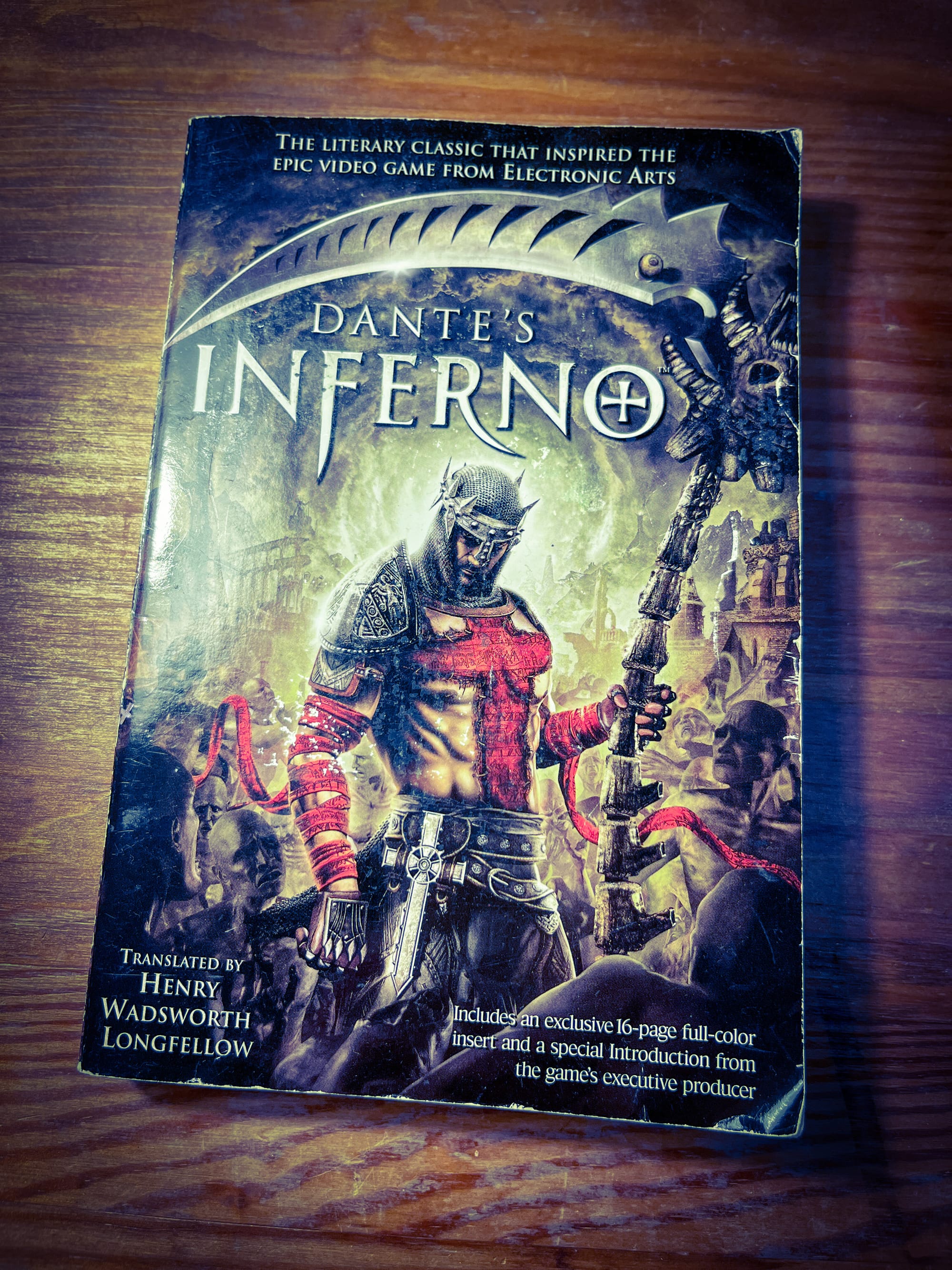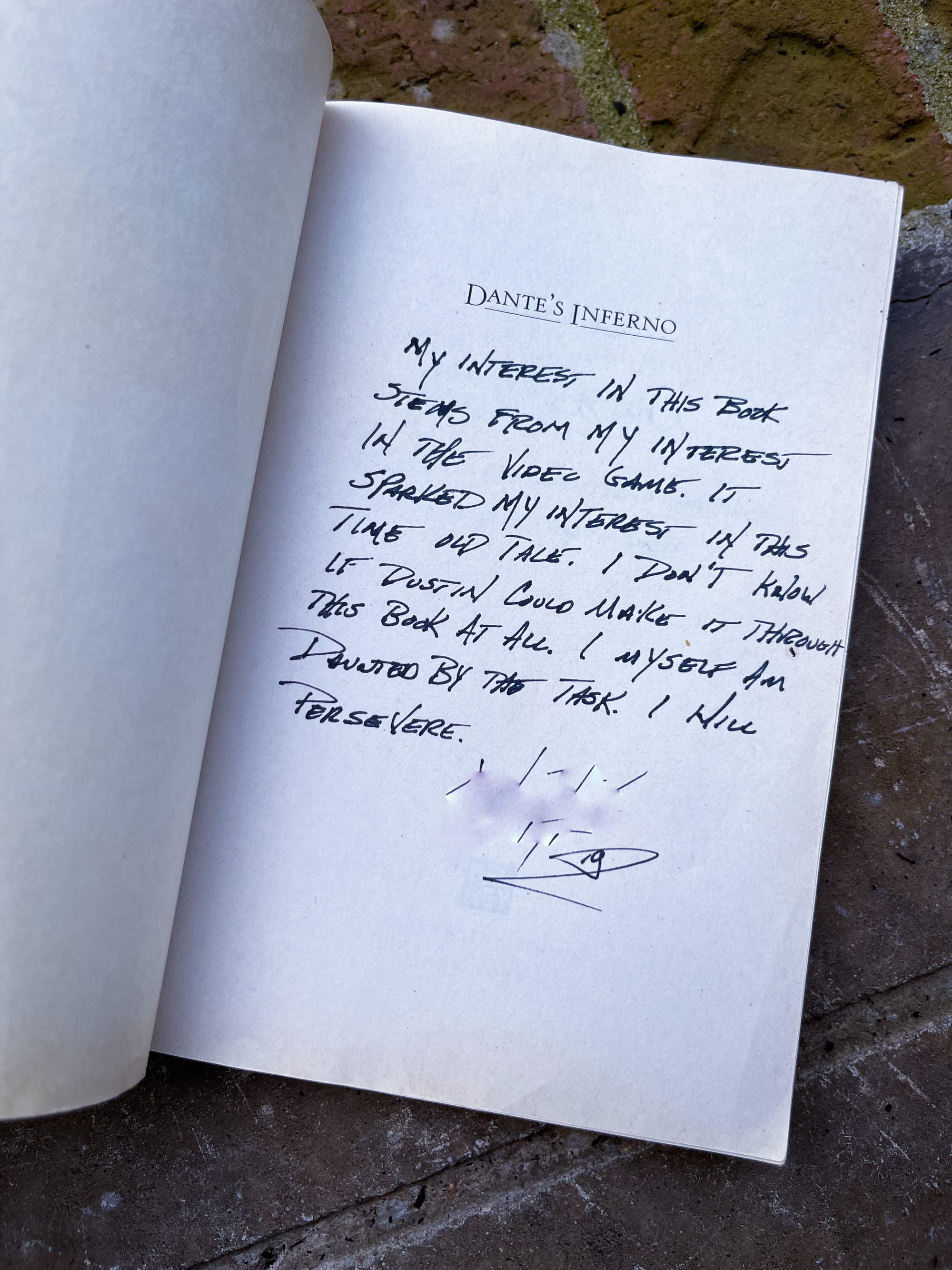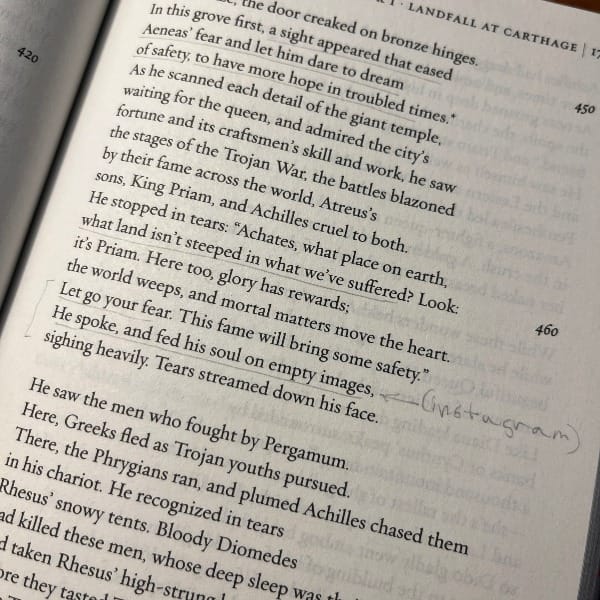How it all started:
With a tangent and a 'wild hair' of course!
I follow random tangents - like, all the time. Do you?
Here's the tangent that started this whole adventure: I was interested in reading a book (The Brothers Karamazo ) and was watching a random video about it. The person in that video mentions a guy who had a literature podcast. I check out the podcast and in one of the episodes he mentions in passing a book titled - get this - How to Read a Book.
How to Read a Book? What kind of title is that? My brain immediately pictures a person on a train reading holding a book in front of their face with the title How to Read a Book. You can see the humor in that, right?
Anyway, this book was originally published in 1940 by a man named Mortimer J. Adler. It intrigued me and also made for a good excuse to go to the bookstore. So off I went...
Once at the bookstore, I find the book and start perusing it. And...
it's very good.
How had I gone my whole reading life and never heard of this book? (It would have really helped me in school!) Then, I happen upon a section titled - "A Note About Epics":

Adler calls the major epic poems the "most honored but least read books in the great tradition of the Western World". This really got to me (and lit a fire under me sparking the 'wild hair'). I know of all of these but had not read them all.
Adler goes on to say that "many of us are not aware of the loss we suffer by not making the effort [to read these epics]". What?
Suddenly, I have a major FOMO moment. And I'm not talking about something that is a popular "right now" kind of thing. I'm talking about living my whole life and never having read these works that still influence so many things today - from video games and movies to politics and culture.
I'm talking about a people-for-100's and- 1000's-of-years-have-experienced-and-enjoyed kind of thing. I don't want to miss out on that.
He calls these epic poems the "backbone of any serious reading program."
I'm a serious reader (mainly because I seriously love reading). How was it I had not read all of these epics? It was time to change that.
It was a 'wild hair' idea but right then and there I knew I was going to read all five of these epic poems. And, I would read them back to back in the order they were written. It was so ON.
The Epic Poems
These are the epic poems and the order they would be read for my little 'epic, epic poetry project' (the links are to the translations I'm using):
- The Iliad by Homer
- The Odyssey by Homer
- The Aeneid by Virgil
- The Divine Comedy ( including Inferno, Purgatorio, and Paradisio) by Dante
- Paradise Lost by Milton (Should I include Paradise Regained? That is the question.)
Some of these I have read before such as Inferno from The Divine Comedy, or Milton's Paradise Lost (in college). Others I have read only parts of such as The Odyssey. But how had I - a book lover and someone who actually studied literature in college - gotten away without have read each of these in full?
The Iliad and The Odyssey have been read and loved for thousands of years. There really is no reason not to have experienced them. So many books published today are spinoffs or retelling of Homer: Circe, The Song of Achilles, A Thousand Ships, Helen of Troy, etc. These Greek stories still hold power over people.
The Divine Comedy is talked about and it too has books connected to or based on the original epic poem even today (Dan Brown's Inferno, The Dante Club are just two examples). Did you know (I didn't) that Inferno was even made into a video game? There is actually a tie-in video game edition of the epic poem (that is inspiring gamers to read Dante).


The video game tie-in copy of Dante's Inferno. Yes, I've blurred out the name of the inscription writer.
For me it it is time to read these originals works that so many people draw creative inspiration from - to read, experience, and join the ranks of interesting people everywhere that have been sharing in the fascination and enjoyment of these for over thousands of years.
Before I Begin
For the first few months I gather texts and translation. Most of them I got at the used bookstore for around $2. (I tell you this so that if you are concerning about the cost of books, just know to always check out secondhand bookshops or even the library.)
I like to have multiple translations for comparison and to get a feel for which one resonates with me.
After months of prep time I 'gnawing at the bit' so to speak and couldn't wait to get started. I was ready.
My approach to reading these epic poems
- With abandon. You read that right. With abandon. I am going to abandon myself to the experience of the story, the language, and the poetry as the author intended (as best as one can with a translation) and without any preconceived notions.
- Having fun. I am going to enjoy the process, immersing myself in these stories and adventures.
- With an easy-going-ness. I was going to take my time. There is no set timeline or schedule except to dip in and read every day (if possible) and move on to the next one when I am done. I will take as much or as little time with each one as I need. No stress reading. Mainly, I am just going to start and keep going until I get to The End.
- Very un-scholarly. I would not be analyzing anything or have any critical approach. (Re-read #1) Any notes made would be my own responses and impressions that arise as I am reading.
- Without anyone else's commentary. And by commentary, I mean no introductions - especially if I haven't read the who poem and am not as familiar with the story - why would anyone want anything to spoil their first experience with spoilers? That also means no reading about it online, no reading other people's opinions or reviews. I don't want anyone elses opinions, thoughts, or ideas to color my initial experience.

How it's going
As I write this for you now, I am already up to my fourth epic poem, The Divine Comedy.
I happen to be reading this one with a friend. She felt there was a hole in her reading life by not having ever read Dante's Divine Comedy and decided this would be the summer to do so. When she found out what I was doing, we decided to read this one together. Life is great that way isn't it? The unexpected happens and you gather friends along the way.
(Honestly, when I imagined doing this project last year, I never expected that anyone I know would ever be interested in reading The Divine Comedy for fun.)
What I've noticed so far:
- Reading them back to back was the right choice. They build on each other. If you decide to read them this way you will see what I mean. You move into the next one with the last one fresh on your mind so you don't miss anything.
- I didn't expect to like The Iliad that much. I ended up loving it. It was riveting.
- The Odyssey was totally different than The Iliad and when some of the characters from The Iliad show up they are like old friends you missed.
- After finishing The Iliad and The Odyssey, I had a difficult time moving on as I don't want to leave the world of the Greeks.
- Once I started reading I started noticing references to them all over the place. For example, even the sci-fi book Dune indirectly connects to The Iliad (King Agamemnon, son of Atreus).
- The Aeneid was a little jarring after Homer. You are making the switch from the Greek to Roman names for the Gods. I had to make a little cheat sheet in the back until my childhood memories came back. (I had learned them in grade school.)
- Translations matter. I started The Iliad with one translation and then finished it with another. My translation of The Aeneid disturbed me in some ways and I wondered if I made the right choice but it was good to have the others available to reference how certain passages were translated differently.
I will leave you with the words that end the small section on epic poetry in Mortimer's How to Read a Book that solidified my decisions to start this "epic, epic poetry project". Perhaps it will inspire you as well (if you haven't already read them).
We hope that you will take a stab at reading these five great epic poems, and that you will manage to get through all of them. We are certain you will not be disappointed if you do. And you will be able to enjoy further satisfaction - Homer, Virgil, Dante, and Milton - they are the authors that every good poet, to say nothing of other writers, has read. Along with the Bible, they constitute the backbone of any serious reading program.
If you are interested in my notes and journey along the way before I can write about them here, connect with me on social media. There you can read small updates and thoughts I post as I read - especially on X.






